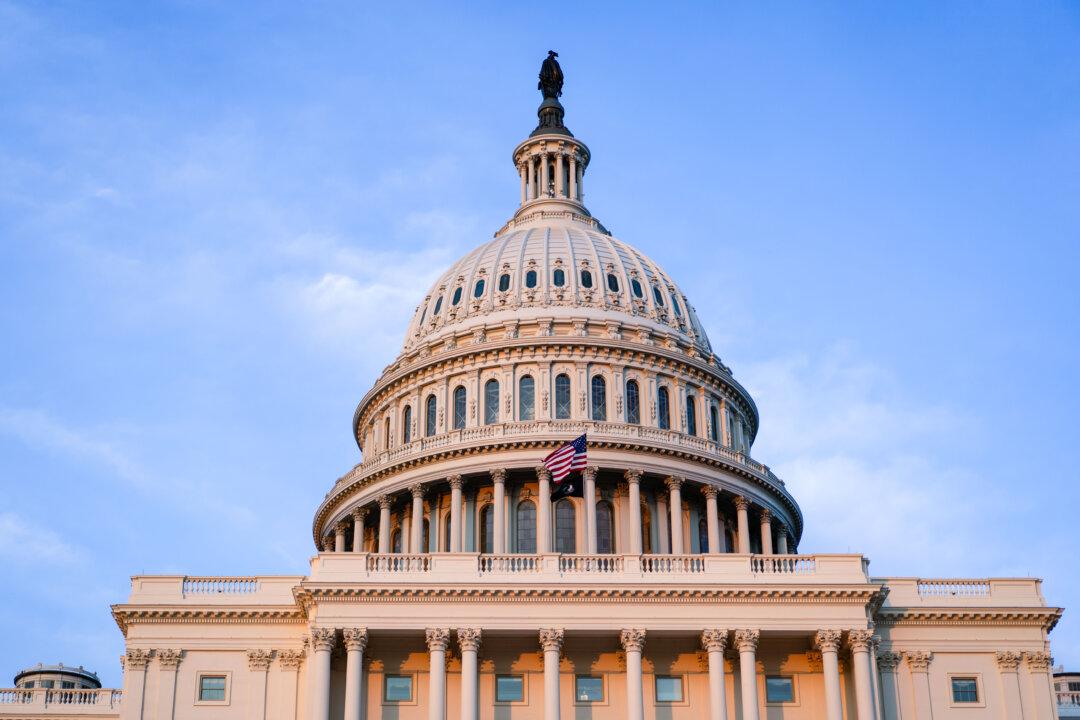Lawmakers failed to override President Joe Biden’s veto of a resolution that would have overturned a controversial Securities and Exchange Commission (SEC) cryptocurrency accounting bulletin, better known as SAB 121.
The House voted 228–184 for the resolution to overturn the president’s veto, with 21 Democrats joining 207 Republicans. However, the lower chamber fell short of the two-thirds majority threshold necessary to reverse the veto.





